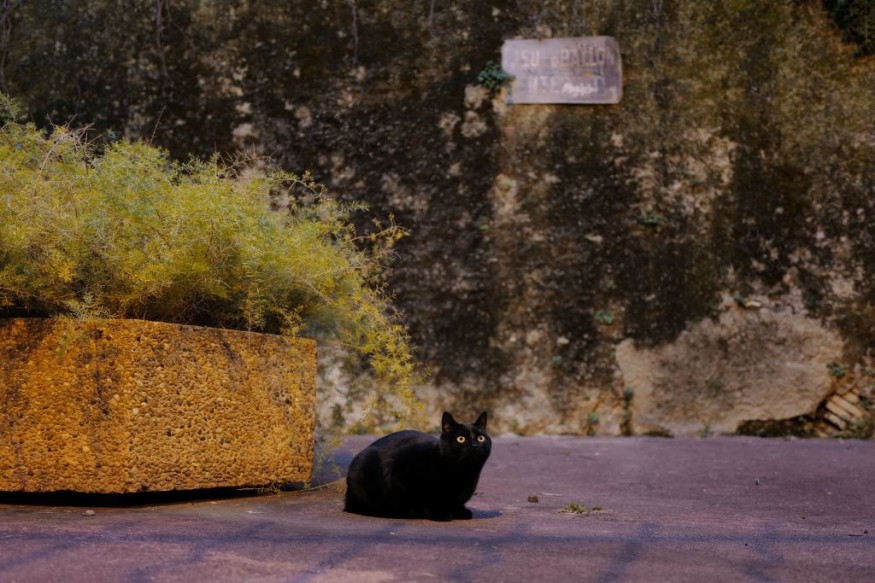Black cats in the United Kingdom struggle to find their forever homes more compared to other cats with different colors, according to a new statistical data.
The assessment shows that the cause behind this phenomenon is due to the same old reasons: myths, folklore, and other superstitious elements that portray our black fur babies equivalent to bad luck.
RSPCA Statistical Data

According to the Royal Society for the Prevention of Cruelty to Animals (RSPCA), the UK's largest animal welfare charity, it has rehomed 2,260 black cats from 2019 to 2022; with an average of 30 days for each black cat finding their forever home, while a grey tabby cat only took an average of 16 days to be sheltered by a new owner or family.
The figures are based on the arrival of more than 2,000 black cats that arrived in RSPCA's 14 national animal centers during the said period. However, the figures could be higher since the centers does not include the charity's large network of branches across the UK. While the sample is only limited to the UK, the available statistical data shows that black cats are lacking behind in terms of being adopted.
The RSPCA released the figures of the plight of the "unlucky black cats" during the National Black Cat Day on October 27, an annual celebratory occasion among black cat lovers to debunk the myths surrounding the black felines.
National Black Cat Day
The said occasion serves as a positive PR for black cats, which garnered a reputation of bringing an omen of bad luck. While perceived by some people as negative worldwide, Britain, Scotland, and Japan perceive the black-fur animals as a sign of imminent good fortune and prosperity. However, most of the Western world deem black cats as carriers of "misfortune and wickedness," as cited by National Today.
RSPCA cat welfare expert, Sam Watson, tackled about the subject matter of UK folklore where black cats are traditionally seen as a symbol of good luck. Yet this perception changes around the spooky Halloween celebration, which depicts cats with black fur with superstitions or witches, according to Welsh newspaper The Leader.
Watson emphasizes that black cats really have no luck since we see more of them coming to the footsteps of our doors than any other color of cats. The expert also cites that few studies have shown that some people believe black cats are less affectionate but clarifies they are no different than other cats. Researchers have also determined that some people who are superstitious find black cats less attractive.
Black Cat Killings
Throughout history, black cats are not only feared but also killed in some instances, especially during the Middle Ages where the felines were burnt ate the sake along with individuals deemed as "witches."
According to multiple animal adoption and protection groups, black cats are still euthanized more at higher rates than other cat breeds or color, as cited by The Economic Times.
© 2025 NatureWorldNews.com All rights reserved. Do not reproduce without permission.





